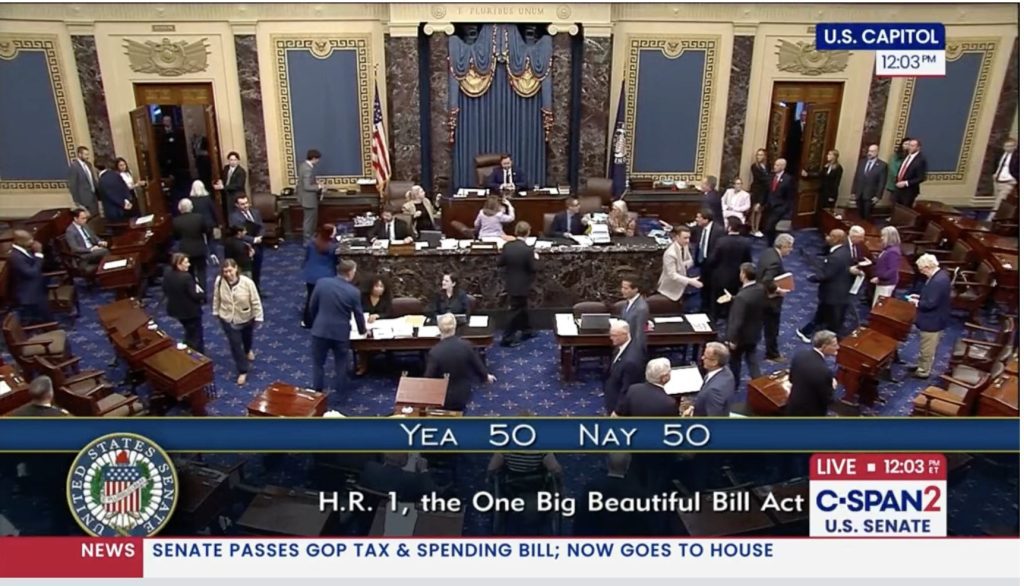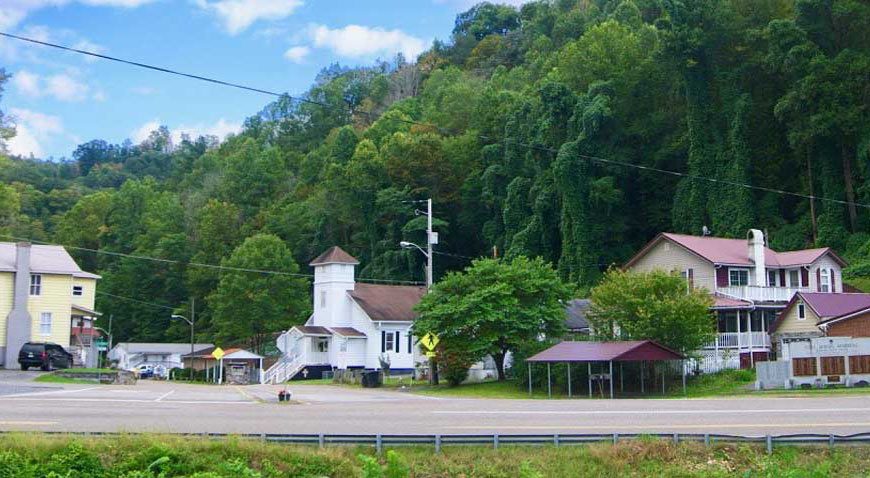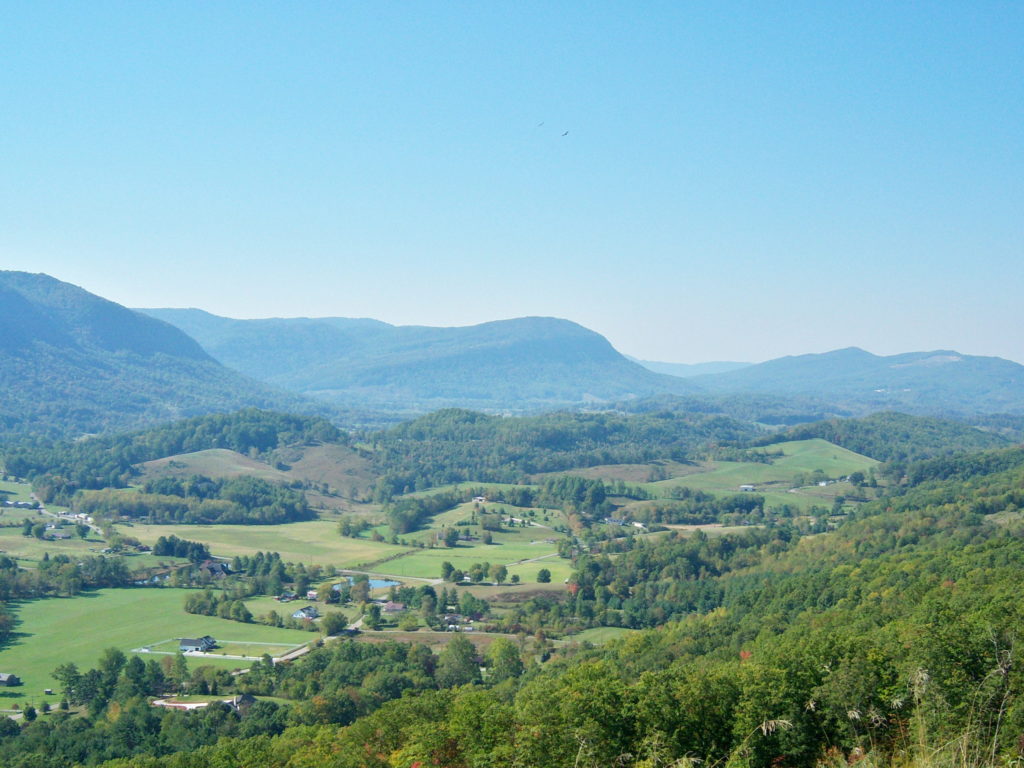34 community organizations endorse new bipartisan House & Senate bills to address acid mine drainage crisis
CONTACT:
Trey Pollard, 202-904-9187, trey@pollardcommunications.com
APPALACHIA — Today, advocates and organizations from coal-impacted communities announced their support for the Safeguarding Treatment for the Restoration of Ecosystems from Abandoned Mines (STREAM) Act – new bipartisan legislation that would guarantee that major new investments in abandoned mine land clean up can be directed to address the acid mine drainage (AMD) crisis that threatens waterways across the country. The bill was introduced today by Rep. Matt Cartwright (PA) and Rep. McKinley’s (WV) in the House and Sen. Bob Casey (PA) and Sen. Mike Braun’s (IN) in the Senate.
The bipartisan Infrastructure Investment and Jobs Act was signed into law in November 2021, securing $11.3 billion over 15 years for coal communities via the Abandoned Mine Lands (AML) program. However, a limitation on this funding that does not exist in the current AML program does not allow these investments to be placed in set-aside accounts for the long-term treatment of AMD. These new bills fix that, ensuring states can use these investments for the perpetual treatment that acid mine drainage requires.
“These funds are necessary to help States and community groups ensure that the appropriate costs are considered during the planning, design, construction and long-term operation, maintenance, and repairs that will need to be made to acid mine drainage treatment systems,” said Bobby Hughes, Executive Director of the Eastern PA Coalition for Abandoned Mine Reclamation (EPCAMR). “A major number of acid mine drainage discharges in Pennsylvania are still in need of water treatment.”
“These bills represent major progress toward solving West Virginia’s acid mine drainage crisis that will help clean up polluted water, beautify our waterways, and strengthen local economies, all without costing taxpayers an additional penny,” said Amanda Pitzer, Executive Director of Friends of the Cheat (WV). “We’ve seen an outpouring of support for these bills from across the state because so many people know the damage that acid mine drainage does to our communities and the opportunities we can seize when we clean it up. We’re grateful for Rep. McKinley’s leadership in pushing these solutions forward and we urge the rest of West Virginia’s congressional delegation to join him in advancing these common-sense solutions.”
In many communities that relied on the coal industry, coal mines that have been shuttered for decades are still polluting streams, rivers, creeks and lakes, turning them red or orange due to a chemical reaction that creates acid mine drainage. It’s not just an eyesore — it contributes to making the places millions of people call home less healthy, less safe, and less inviting for residents and businesses. However, innovative solutions spurred by investments in AMD clean up create jobs and help revitalize local economies. More information on the challenges posed by AMD and the opportunities created by cleaning it up is available here.
“No one should have to live in a community threatened by polluted water, so we are grateful for Rep. Cartwright, Rep. McKinley, Senator Casey, and Senator Braun’s efforts to solve the acid mine drainage crisis while creating jobs at the same time,” said Chelsea Barnes, Legislative Director of Appalachian Voices. “This simple fix would not cost taxpayers any additional money and would breathe life into communities hit hard by the decline of coal. Congress should get on board and support this common-sense solution to a decades-long crisis as soon as possible.”
Acid mine drainage never goes away, and requires ongoing water treatment. That’s why the current AML program allows states to set aside 30% of AML funding each year into accounts that accrue interest and can cover these perpetual costs. But when the infrastructure bill and its sizable AML investments were passed last year, it did not include a similar provision. The STREAM Act addresses that oversight, ensuring the new infusion of funding can be used for long-term AMD treatment.
“The infrastructure bill made a historic investment in abandoned mine land clean up, but the bill introduced today brings that investment even further into line with the existing AML program to ensure that the benefits of clean-up are secure in the long-term,” said Rebecca Shelton, Director of Policy & Organizing of Appalachian Citizens’ Law Center. “There is little incentive to spend money on an AMD treatment system if you don’t have the funds to maintain it. Ensuring that funds exist for the long-term maintenance of acid mine drainage is essential for making sure that these problems are addressed and that we have waterways that are inviting for recreation and safe for community use.”
The following organizations endorsed the legislation today: Appalachian Citizens’ Law Center, Appalachian Voices, Appalshop, Black Warrior Riverkeeper, Clean Power Lake County, Clearfork Community Institute, Coal River Group, Defenders of Wildlife, Dunkard Creek Watershed Assn., Inc., Eastern PA Coalition for Abandoned Mine Reclamation (EPCAMR), Eco-Justice Collaborative, Friends For Environmental Justice, Friends of Blackwater, Inc., Friends of Deckers Creek, Friends of the Cheat, FriendsForEnvironmentalJustice.org, Guardians of the West Fork River Watershed, Illinois Environmental Council, Indiana Wildlife Federation, Kentuckians For The Commonwealth, Kentucky Conservation Committee, Mountain Association, National Wildlife Federation, PennFuture, Powder River Basin Resource Council, Prairie Rivers Network, Preston County, WV Chamber of Commerce, Rural Action, Sierra Club, Statewide Organizing for Community eMpowerment, Tennessee Citizens for Wilderness Planning, Upper Mon River Association, West Virginia Rivers Coalition, West Virginia Water Research Institute.



